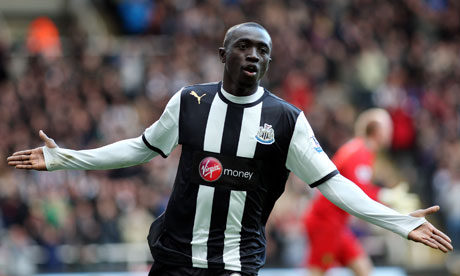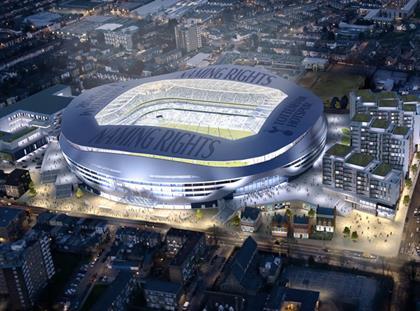Ben Finn looks at Papiss Cisse's falling out with Newcastle over their sponsor
Having
ostensibly being forced to train alone upon his return to Benton Park
(Newcastle’s training ground) last week, Papiss Demba Cissé is to miss out on
Newcastle’s pre-season tour of Portugal this week as a result of his refusal to
wear any apparel endorsing the payday loan company Wonga.
Details
of the discussions between Cissé’s team and Newcastle are unclear, with some
reports saying he was dropped by the club and others saying he pulled out
himself. What we do know is that Cissé has offered to wear either a shirt
advertising a charity or with no sponsor at all. Evidently this is
unsatisfactory to the powers that be.
Cissé’s
refusal to endorse Wonga is borne out of an interpretation of Sharia law that
states that a Muslim cannot benefit financially from lending or receiving money.
There is, however, a precedent for this kind of protest. Freddie Kanouté,
whilst playing for Sevilla, objected to the “888.com” sponsor for similar
reasons to Cissé. Sevilla respected Kanouté’s views and as a result allowed him
to cover the sponsor when playing and did not make him attend events sponsored
by the gambling website. This was a refreshingly mature negotiation for a
modern football club that demonstrated how much Sevilla valued Kanouté’s beliefs.
Hopefully an analogous mutually beneficial solution can be found at Newcastle.
On the
other hand, whilst there is no doubt that Wonga opposes Cissé’s views, should
he not have taken the same stance in the past? Newcastle’s previous two
sponsors were Virgin Money and Northern Rock, both of whom charge interest on
their loans and pay interest on holders’ deposits. Admittedly, Wonga’s APR is
over 4000%, but surely interest is interest regardless of the percentage.
This
raises questions of ulterior motives for Cissé’s protest. It is rumoured that
the striker could be using the issue as leverage over the board to either hand
him a new contract, or sell him. However, I am sceptical of most ‘rumours’
designed to fill column inches during the summer transfer window during which
bored journalists (present company included) and agents try to whip up a storm
over nothing.
Clearly, Cissé does feel “very, very strongly” and a solution should be found. As a Newcastle fan myself, I just hope the solution involves him remaining at the club - mainly out of fear of Shola Ameobi being handed the number 9 shirt.





